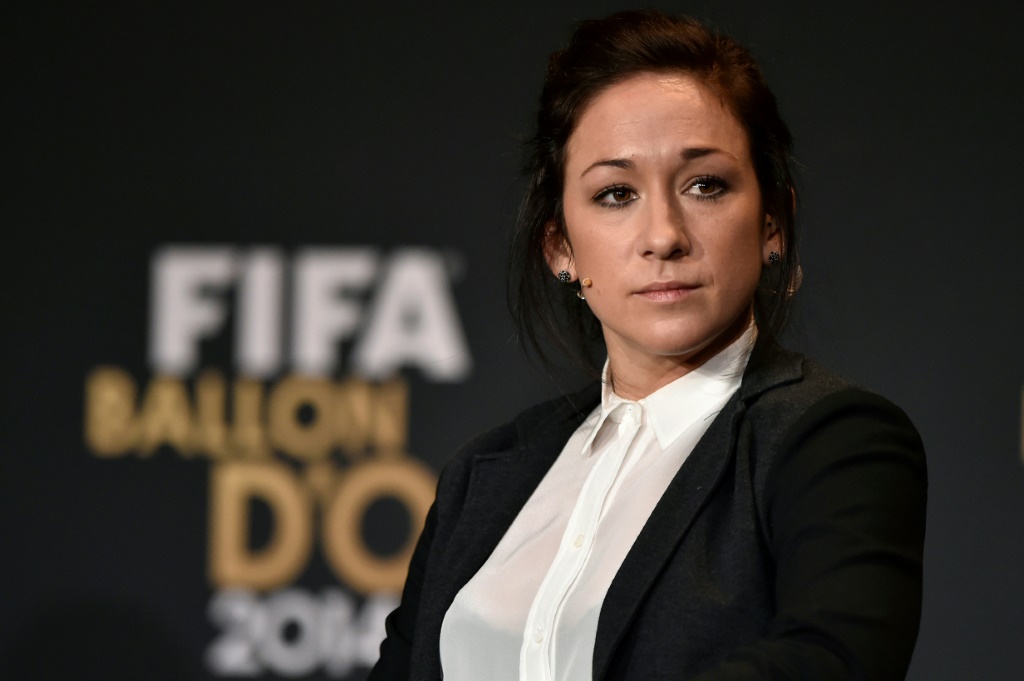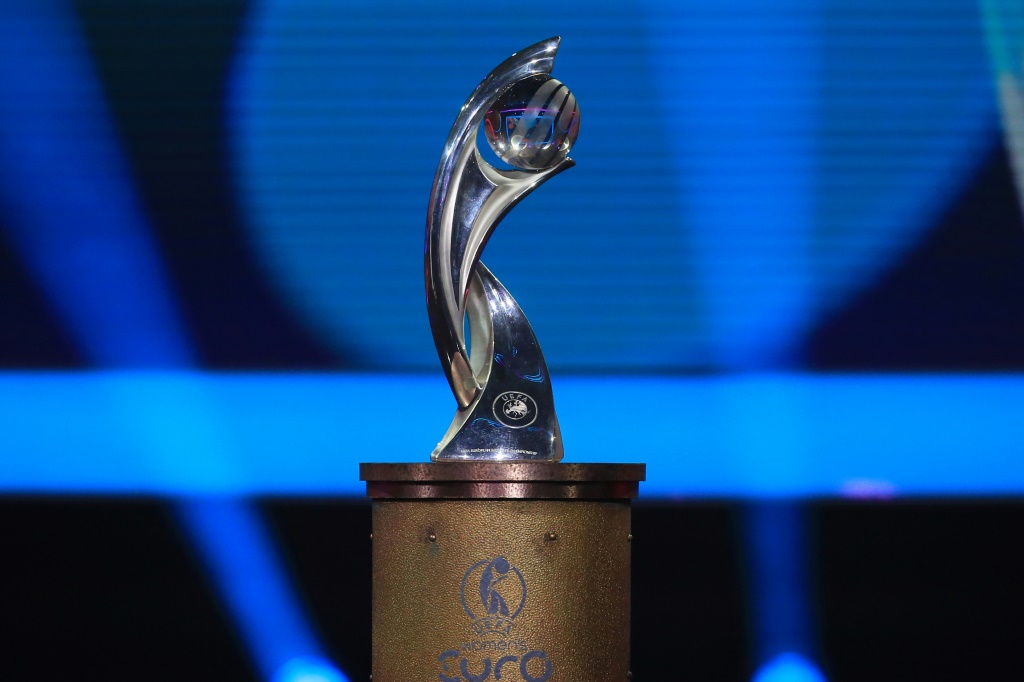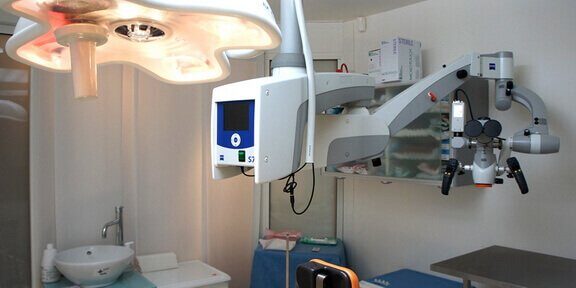UEFA’s head of women’s football Nadine Kessler has dismissed claims European football’s governing body lacked ambition in the selection of venues for Euro 2022, with attendance records for the tournament in England set to be smashed.

Sell-out crowds for the opening game between England and Austria at Old Trafford and the final at Wembley will see the record crowd for a match at a women’s European Championship broken twice.
However, in between those two landmark events on July 6 and 31, the other 29 games will be played in much smaller stadiums.
The selection of Manchester City’s 4,400 capacity Academy Stadium for three group matches was branded “embarrassing” and “disrespectful” by Iceland midfielder Sara Bjork Gunnarsdottir.
The 7,800-capacity Leigh Sports Village will also host four matches, including a quarter-final.
Ticket sales are inching towards a combined half a million, more than double the total attendance for the last women’s Euro in the Netherlands five years ago.
But there are still over 200,000 tickets up for sale and Kessler admitted venue choices had to be based in “reality” to create the best atmosphere possible inside the stadiums.
“We feel like still it’s the right decision,” Kessler told AFP.
“I always say whilst trying to have the greatest ambition we also can’t lose the reality and I’m referring to the past. At our last women’s Euro we had 5,000 spectators on average, if we don’t count the Netherlands matches.
“If you increase the tournament capacity from 430,000 to 720,000, then I don’t think you can say the tournament organisers have not enough ambition.”
– ‘Visible difference’ to 2017 –
The tournament had been due to take place in 2021, but was delayed 12 months due to the impact of the coronavirus pandemic on the football calendar.

Covid-19 halted some of the momentum of the women’s game after a record-breaking 2019 World Cup in terms of viewing figures.
But the five years since the last Euro have still been transformative for the women’s game.
Kessler was behind a major change to the women’s Champions League with a group stage introduced for the first time last season.
Money has flowed in from new sponsors, television rights deals and clubs now prepared to spend big on improving the standards of their women’s teams.
“My expectation is really high, I expect a visible difference to 2017,” added Kessler on what to expect on the pitch.
“I felt this already when I watch some domestic football but also throughout the Champions League season.
“Both showed that in many countries there is a big improvement in what happened with the whole professionalisation and standards around the teams increasing.
“It’s only logical that you can see the results also on the pitch.”
Kessler was part of the Germany side that won the Euro in 2013 – one of the eight times Die Nationalelf have won the tournament in 12 editions.
However, it is hosts England and Spain that are the pre-tournament favourites as they look to win a women’s major tournament for the first time.
France, holders the Netherlands and Olympic silver medallists Sweden are realistic contenders, while Norway’s Ada Hegerberg and Denmark captain Pernille Harder will also arm their nations with two of the world’s top strikers.
“It’s good that so many contenders, so many teams, have even declared ambitions publicly that they all want to go for it,” said Kessler.
“The top of the pyramid became a bit wider. That’s exactly what we need also to create more interest.”









